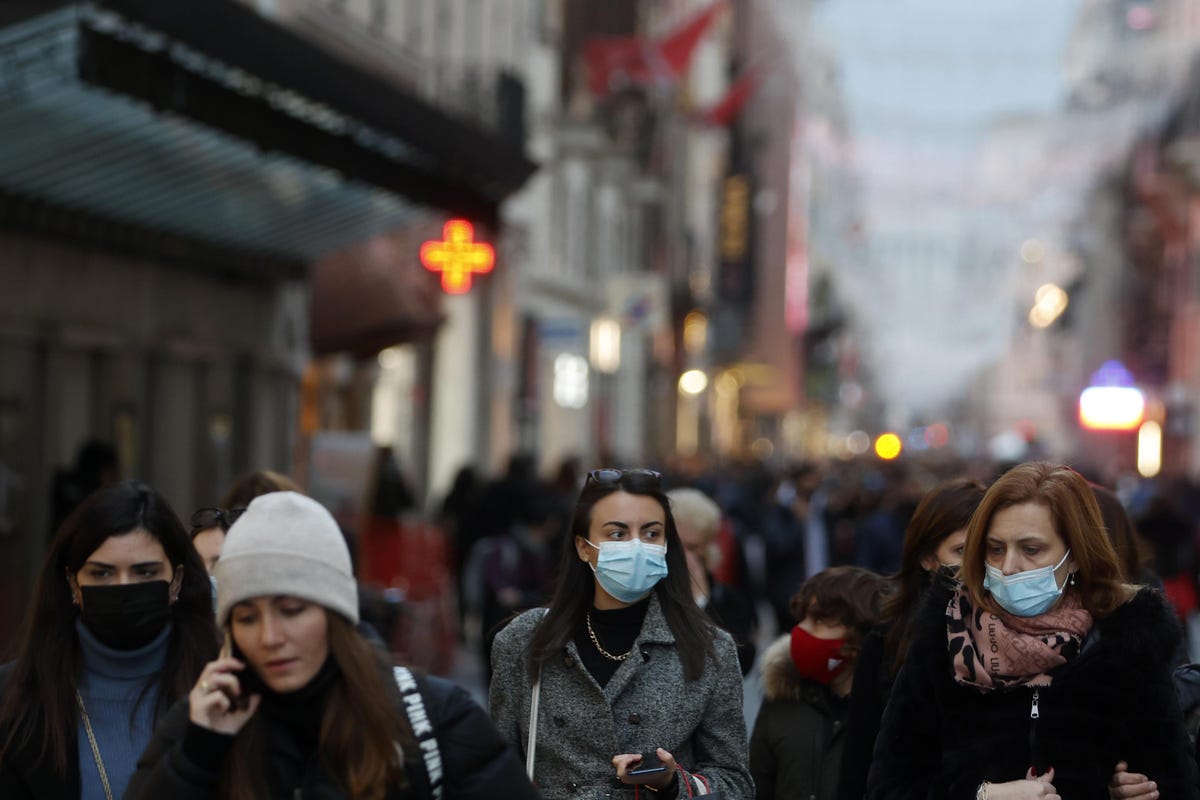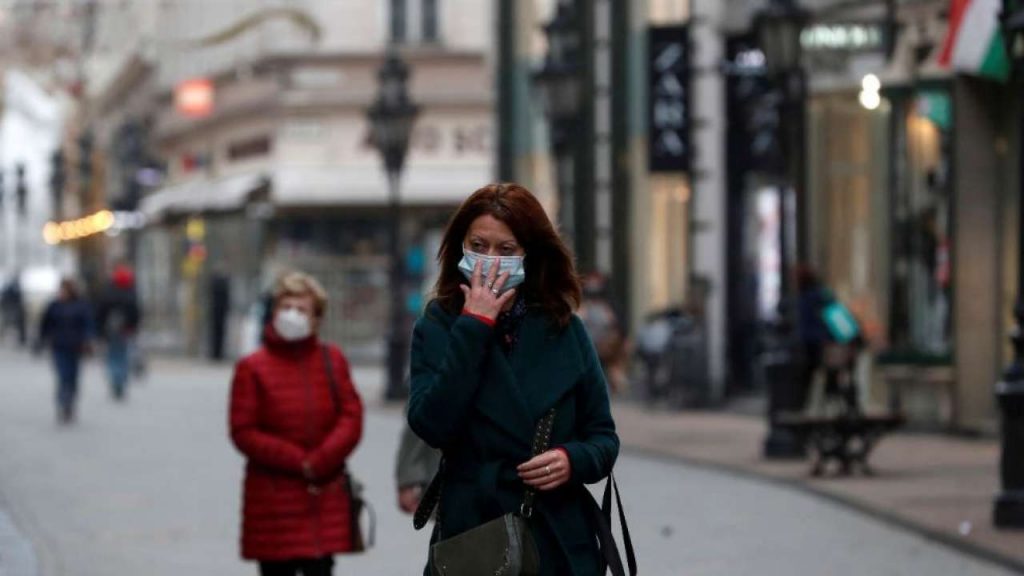News
Christmas plans in limbo as global COVID cases spike
-



 Shows4 days ago
Shows4 days agoAre ‘forever chemicals’ turning us into the ‘The Walking Dead’?
-



 News5 days ago
News5 days agoASEAN emerging as new global economic power?
-



 Shows21 hours ago
Shows21 hours agoThe power and benefit of green antitoxins
-



 News4 days ago
News4 days agoNEOM’s dramatic downsize ambitious project shrinks
-



 News3 days ago
News3 days agoThe TikTok ban was just passed by the House. What could happen next?
-



 News4 days ago
News4 days agoTikTok implements stricter guidelines on weight-loss drug promotion
-



 News4 days ago
News4 days agoGame on with indie devs celebrated by Nintendo
-



 News3 days ago
News3 days agoTechnological terror: China reveals uncanny AI romance film














